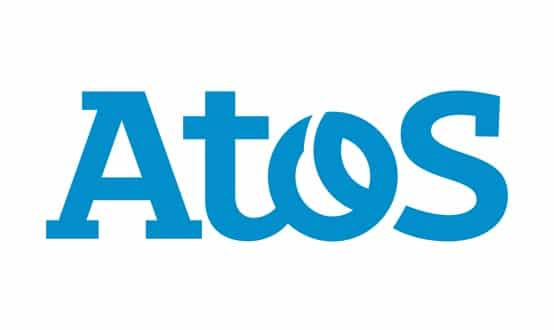€22.5m for Dutch biobank network
- 20 October 2009
The Dutch government has awarded a consortium of health research groups €22.5m to establish a national biobanking infrastructure.
The project, Biobanking and Biomolecular Resources Infrastructure Netherlands (BBMRI-NL), will integrate valuable clinical data and material in order to improve access to human samples.
The clinical materials that the BBMRI-NL will integrate in the biobank have been collected over decades.
However, their research has been delayed by varying data description and overview practices. This project will attempt to improve the accessibility and enrichment of biological and clinical data while exercising privacy protection regulations.
The initiative is part of a wider €170m network that will eventually link European biobanks and related information resources to connect researchers across the continent.
Professor Gertjan van Ommen, from the department of human genetics, Leiden University Medical Centre in the Netherlands, applied for the grant from the Dutch Ministry of Education through the Netherlands Organisation of Scientific Research.
He said that the integration of data and materials will significantly accelerate research into causes and development, therapy and prevention of disease.
“The existing materials are often of high value and quality but underused because of fragmentation.
"Diseases like diabetes, Alzheimer, arthritis and cancer have complex causes, so thousands of samples are necessary in order to reveal significant differences between health and disease.”
Participants in BBMRI-NL project include eight university medical centres and several other research institutes and universities.
“With the BBMRI-NL initiative the Netherlands are responding in a timely fashion to a global trend towards very big research units. This has provided us a front runner position in the European biobanking field,” Ommen added.
Link: BBMRI




